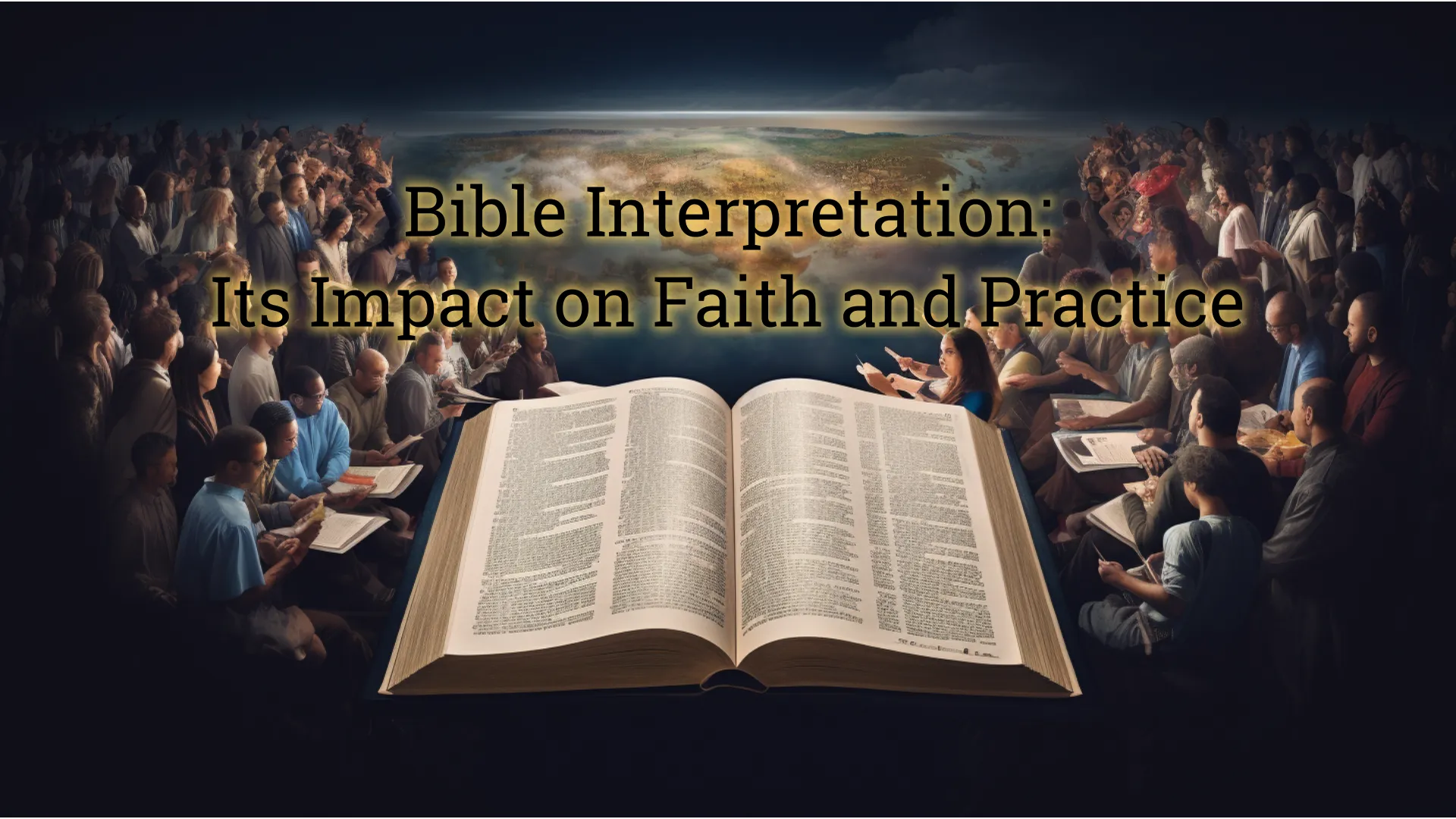Modern and Postmodern Challenges to Biblical Values
by John Malloy
This is part one of a six-part series of articles. The rest of the series is coming soon....
Once upon a time, American citizens shared a common set of values and beliefs based on their Judeo-Christian heritage. While they disagreed on theology, and some didn’t believe in a Divine Being, or at least not an active one, they agreed on what was acceptable moral behavior: the need for justice, mercy, and love. They also believed in the supernatural and in a spiritual world that, while invisible, was real. Most did not consistently live up to all of their shared beliefs, yet even the hardened criminal believed that he would face an eternal punishment for his deeds.
Modernism and Postmodernism have, in the eyes of many, removed these common values by destroying people’s faith in the Bible which was the source of those values. Modernism arose from a faith in science founded upon observation of visible natural processes. Because modernism taught that spiritual and supernatural forces had no place in scientific studies, it was easy to transition from ignoring the supernatural to denying its existence completely. Science dramatically improved the physical lives of billions around the world, but left a vacuum behind as well, because it could not replace the common values and beliefs that made Western Civilization possible.
Postmodernism has now arisen as a rejection of the perceived certainty of a scientifically ordered society. Because its adherents have no solid root to grow from, it has moved further away from traditional values and beliefs, descending into nihilism in the process. Instead of recognizing the worth of every individual, it views the world a series of power struggles between groups. In the process, it denies the existence of objective truth and treats values and beliefs and malleable tools to achieve the goals of “oppressed” groups. Postmodernists now seek to deconstruct Christianity because its values and beliefs do not align with their goals and values.
Many have been raised to believe that science has disproved the Bible and that it is nothing more than a collection of myths. Even worse, they have been subjected to an ideology that teaches that books should be interpreted based on whatever they mean to the individual reader. This leads to a belief that there are no incorrect interpretations as long as you are true to yourself; i.e. there are no objective truths, just ephemeral messages that speak to the reader in the moment.
Neither of these beliefs are true. In the sections below, I will show below that we should not discard the belief in objective, absolute truths. I will also show that science has not disproved the Bible. At best, it has ignored the supernatural because science does not have the tools to study it, not because it does not exist. There is a large body of evidence that confirms that accuracy and reliability of New Testament writings and, in the process, confirms all of the Bible. If we reestablish our belief in the Bible, we will find it providing valuable lessons to heal ourselves and our society.
John Malloy
May 2024
Revised: July 26, 2024






